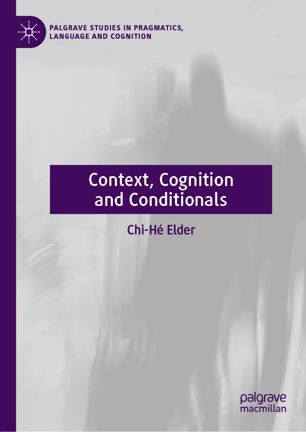

Most ebook files are in PDF format, so you can easily read them using various software such as Foxit Reader or directly on the Google Chrome browser.
Some ebook files are released by publishers in other formats such as .awz, .mobi, .epub, .fb2, etc. You may need to install specific software to read these formats on mobile/PC, such as Calibre.
Please read the tutorial at this link: https://ebookbell.com/faq
We offer FREE conversion to the popular formats you request; however, this may take some time. Therefore, right after payment, please email us, and we will try to provide the service as quickly as possible.
For some exceptional file formats or broken links (if any), please refrain from opening any disputes. Instead, email us first, and we will try to assist within a maximum of 6 hours.
EbookBell Team

4.7
36 reviewsThis book proposes a semantic theory of conditionals that can account for (i) the variability in usages that conditional sentences can be put; and (ii) both conditional sentences of the form ‘if p, q’ and those conditional thoughts that are expressed without using ‘if’. It presents theoretical arguments as well as empirical evidence from English and other languages in support of the thesis that an adequate study of conditionals has to go beyond an analysis of specific sentence forms or lexical items. The resulting perspective on conditionals is one in which conditionality is located at a higher level than that of the sentence; namely, at the level of thought. The author argues that it is only through adopting such a perspective, and with it, a commitment to context-dependent semantics, that we can successfully represent conditional utterances as they are used and understood by ordinary language users. It will be of interest to students and scholars working on the semantics of conditionals in the fields of linguistics (especially semantics and pragmatics) and philosophy of language.